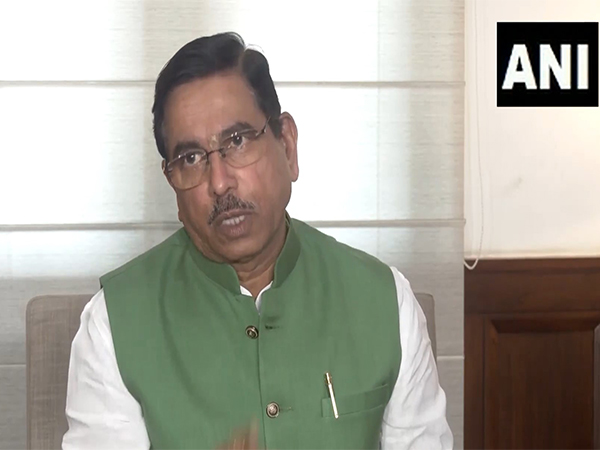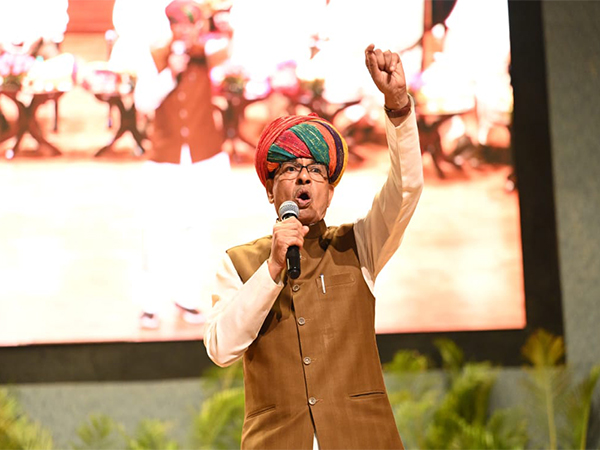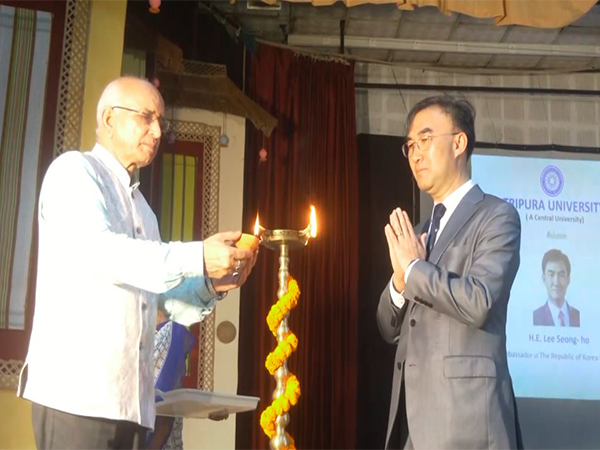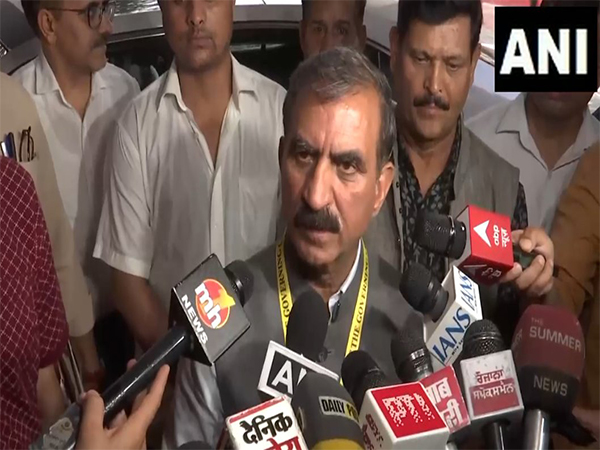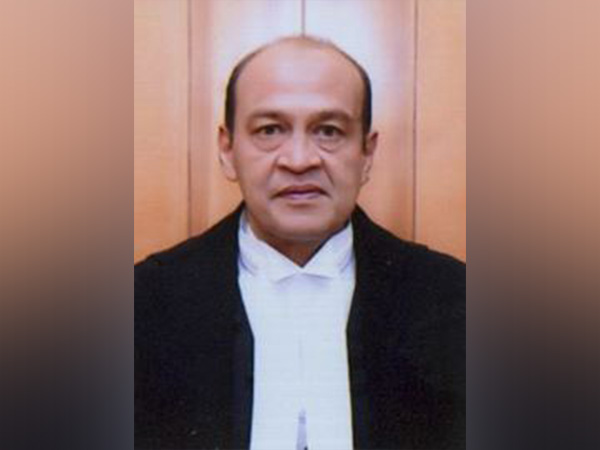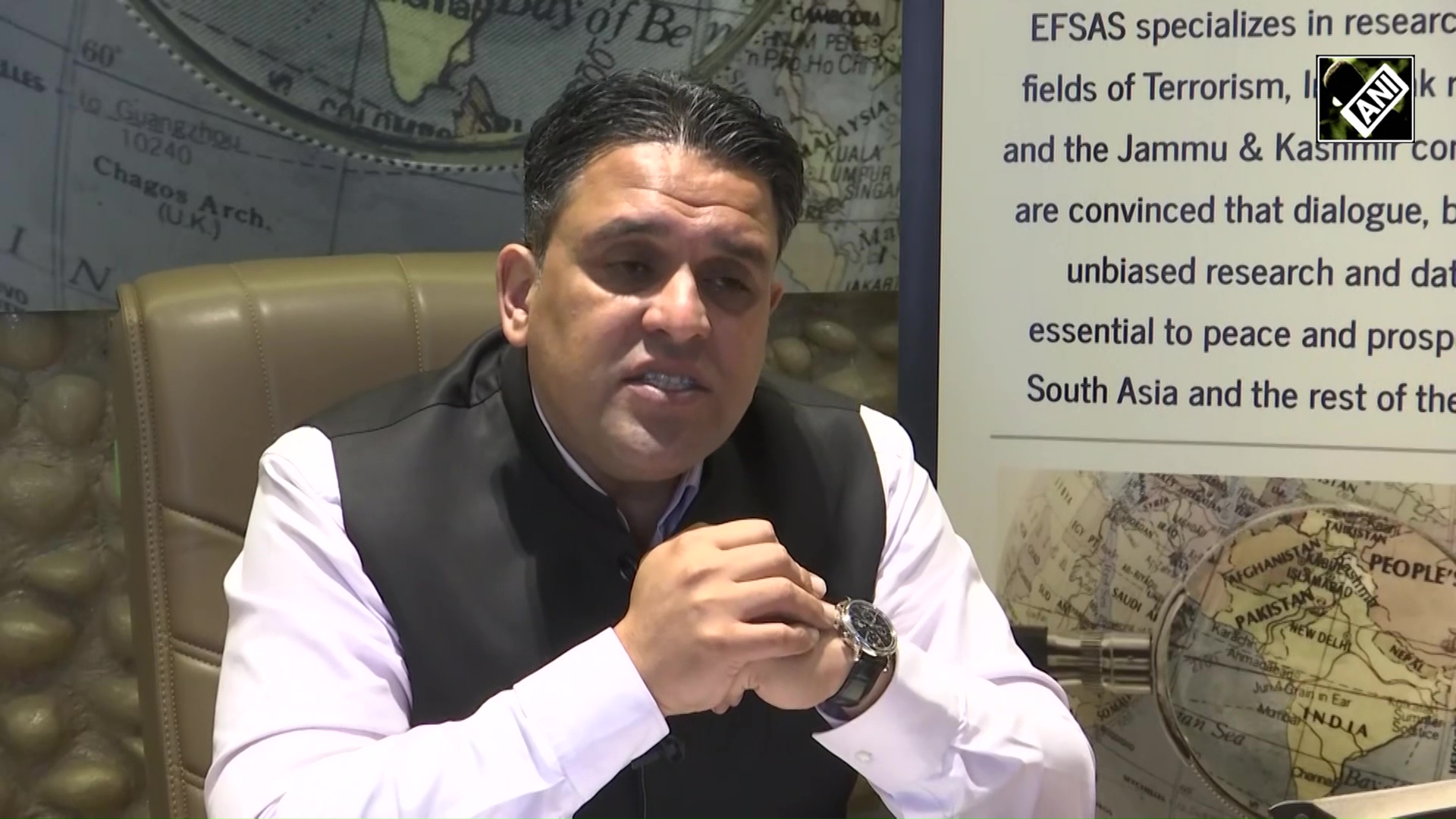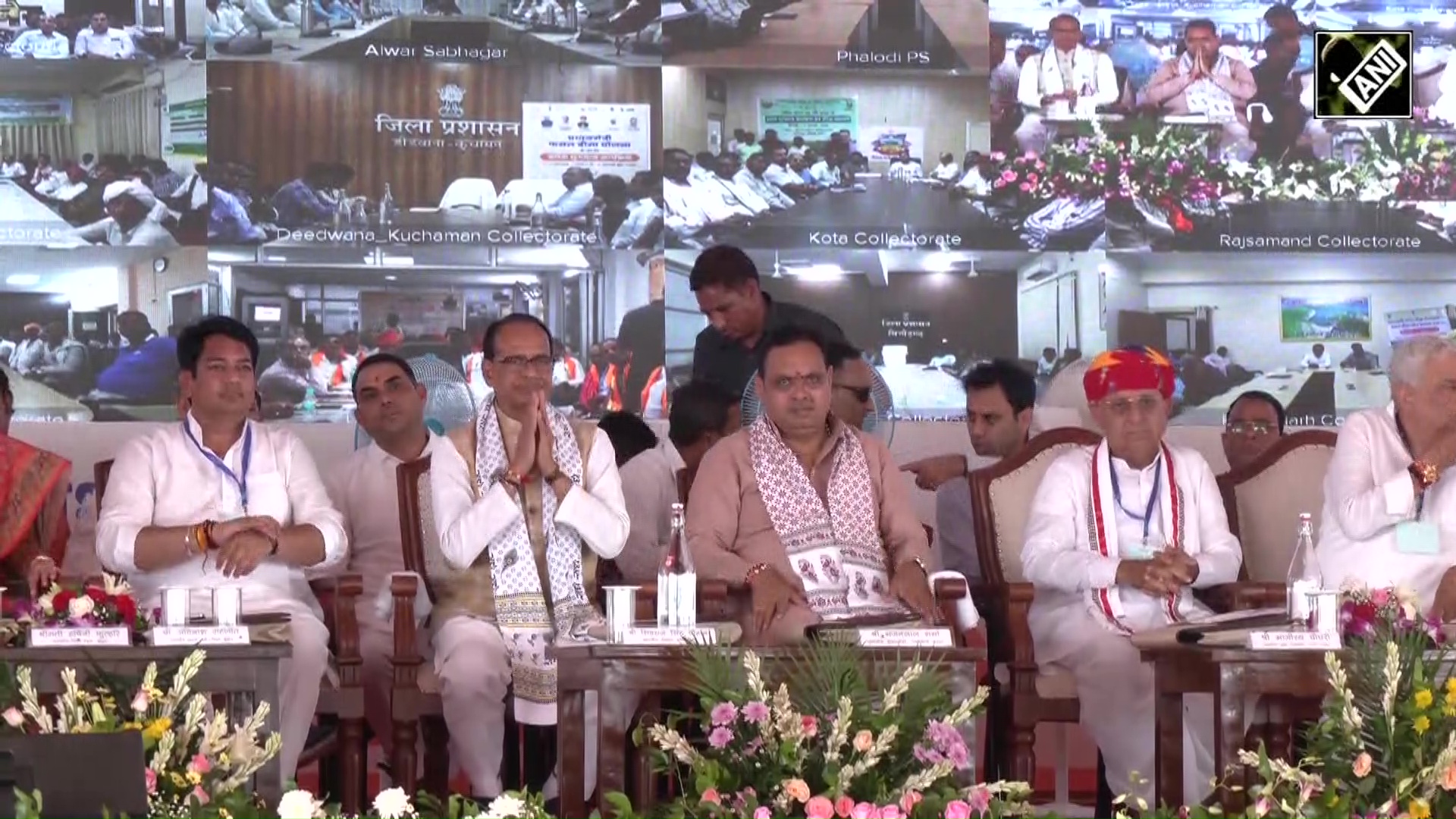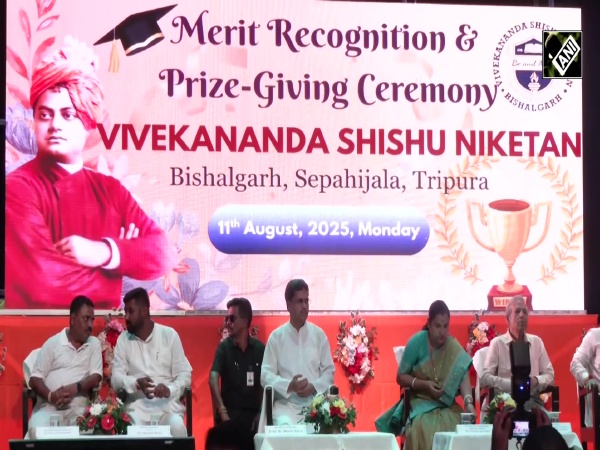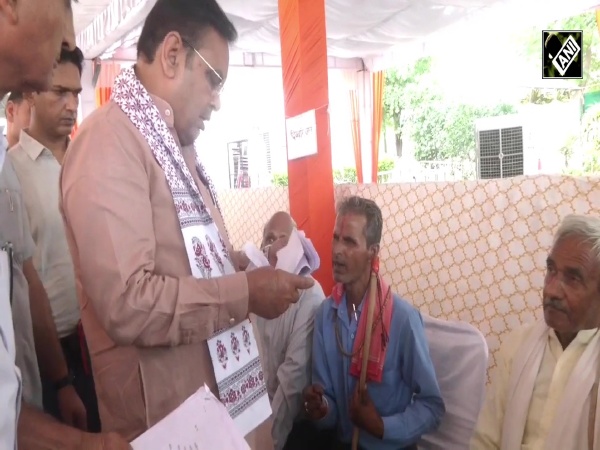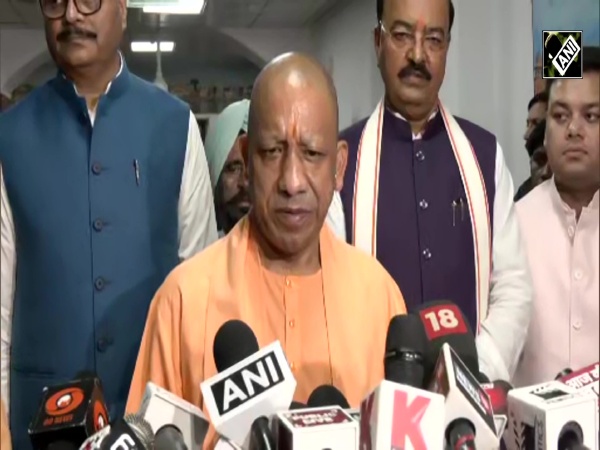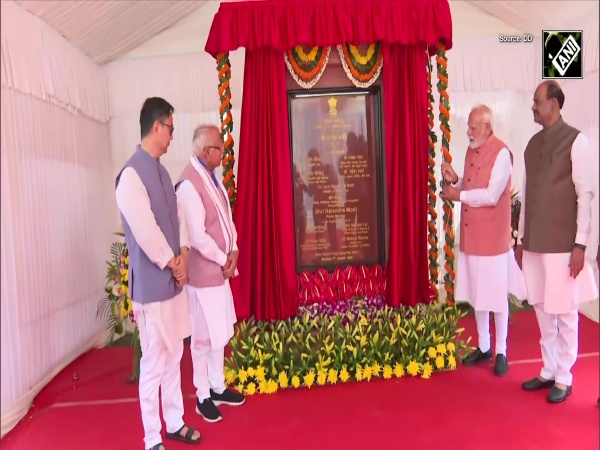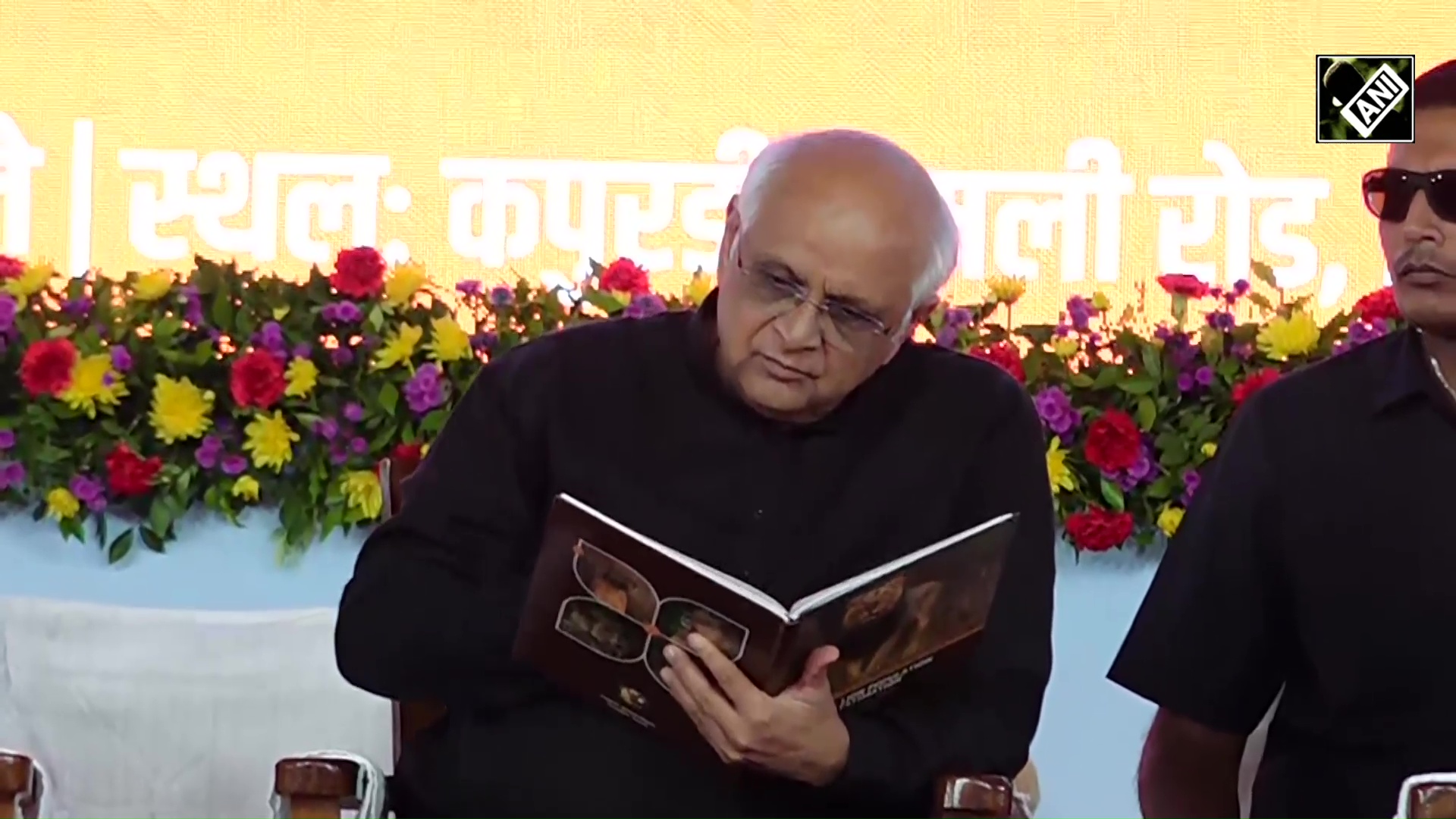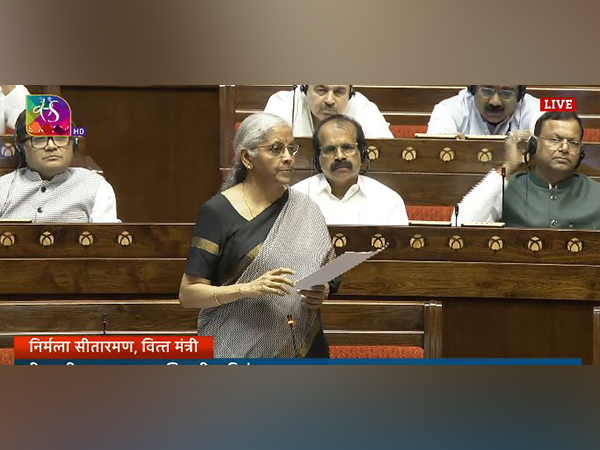
Parliament passes new Income Tax Bill
Aug 12, 2025
New Delhi [India], August 12 : Parliament on Tuesday passed the new Income Tax Bill with the Rajya Sabha clearing it by a voice vote.
Union Finance Minister Nirmala Sitharaman moved the Income Tax (No.2) Bill, 2025 and the Taxation Laws (Amendment) Bill, 2025, in the Rajya Sabha for consideration and return.
Lok Sabha on Monday passed the new Income Tax Bill without debate, hours after it was introduced in the House by Finance Minister Nirmala Sitharaman.
The Income Tax (No.2) Bill, 2025, which was introduced on Monday afternoon after the government on Friday last withdrew the Income Tax Bill, 2025 in the Lok Sabha, incorporates almost all recommendations of the Select Committee, which examined the legislation.
The new Income Tax bill provides flexibility for allowing refund claims in cases where the return is not filed in due time and reduces the time period for filing TDS correction statements to two years from six years as provided in the Income Tax Act Act, 1961. The provisions of the bill will come into effect from next fiscal.
The Government had said in the budget in July 2024 that a time-bound comprehensive review of the Income-tax Act, 1961 would be undertaken to make the Act concise, lucid, and easy to read and understand.
The new Income Tax Bill was passed without debate amid opposition protests over their demand for debate on Special Intensive Revision (SIR) of electoral rolls in Bihar. Both Lok Sabha and Rajya Sabha have witnessed continuous disruptions since the beginning of the monsoon session of Parliament over the opposition's demand.
The Government had introduced the Income Tax Bill, 2025 in the Lok Sabha on February 13, 2025, and it was referred to the Select Committee for examination.
The Select Committee laid its report in the Lok Sabha on July 21, 2025. The new and amended bill also incorporates suggestions from stakeholders about changes that would convey the proposed legal meaning more accurately.
There were corrections in the nature of drafting, alignment of phrases, consequential changes and cross-referencing and the government decided to withdraw the Income-tax Bill, 2025 and bring the Income Tax (No. 2) Bill, 2025.
The new bill replaces the Income Tax Act, 1961, which has been subjected to numerous amendments since its passage more than sixty-four years ago.
As a result of these amendments, the basic structure of the Income-tax Act had been overburdened and language has become complex, "increasing compliance for taxpayers and hampering efficiency of tax administration".
The Objects and Reasons of the bill states that taxpayers, practitioners and tax administrators had also raised concerns about the complicated provisions and structure of the Income-tax Act 1961.
The new Income-Tax Bill was passed without debate amid opposition protests over their demand for debate on Special Intensive Revision (SIR) of electoral rolls in Bihar. Both Lok Sabha and Rajya Sabha have witnessed continuous disruptions since the beginning of the monsoon session of Parliament over the opposition demand.
The Lok Sabha also passed the Taxation Laws (Amendment) Bill, 2025 without debate.
The BJP MP Baijayant Panda-headed 31-member Select Committee had suggested a few changes to the legislation.
In its report, the panel has suggested important changes to tighten definitions, remove ambiguities, and align the new law with existing frameworks.
The Committee, in its 4,584-page report, had identified several drafting corrections based on stakeholder suggestions, which they believed were essential for clarity and unambiguous interpretation of the new bill. The parliamentary panel had made a total of 566 suggestions and recommendations in its report.
To give significant relief to taxpayers, the committee had suggested changing the provision which disallows refunds if income tax returns are filed beyond the due date.
Other recommendations of the committee included aligning the definition of micro and small enterprises with the MSME Act.
For non-profit organisations, the committee asked for clarification over the terms 'income' vs 'receipts', anonymous donations, and the removal of the deemed application concept. The panel asked for these to be fixed to avoid legal disputes.
The report also recommended amendments in the bill for clarity on advance ruling fees, TDS on provident funds, low-tax certificates, and penalty powers.
According to the provisions of the new Income Tax Bill, the deduction under 80M of IT Act, 1961 (Clause 148 of the IT Bill, 2025) is also available to companies who have opted for the new regime.
The deductions for commuted pension and gratuity for family members are provided under Clause 93 of the IT Bill, 2025.
The provisions of MAT (Minimum Alternate tax) and AMT (Alternate minimum tax) are separated as two sub-sections under section 206.
The provisions of AMT are applicable only to those non-corporates who have claimed deductions. LLPs who have only capital gains income are not liable for AMT if there is no claim for deduction.
The word "profession" has been added after "business" in clause 187 to enable professionals with total receipts exceeding Rs 50 crore in a year the facility of prescribed electronic modes of payment. Flexibility has been provided for allowing refund claims in cases where the return is not filed in due time with the removal of Clause 263(1)(ix) and the provisions related to carry forward and set off of losses have been re-drafted for better presentation but with the same intent.
The concept of receipt has been changed with the concept of income as was there in the Income-tax Act, 1961. The utilization of capital gains on acquisition of new capital asset shall be treated as application of income by a registered non-profit organization as was there in the Inome Tax Act, 1961.
Where application of regular income falls short of 85% of regular income on account of such income not being received or received late during the tax year, on an option exercised by the assessee, such income shall be deemed as application of income in the tax year in which such income is derived.
The government sources said provisions relating to taxation of anonymous donation has been aligned with the existing provisions of the Income-tax Act, 1961 and exemption has been made available to mixed object registered non-profits organisation also.
Mixed object registered non-profits organization has clearly been specified, mandatory investment and deposit of deemed accumulated income of 15% of regular income in specified modes has been done away with.
For TDS correction statements, time period for filing statements has been reduced to two years from 6 years in the Income Tax Act, 1961. This is expected to reduce the grievances of deductees substantially, officials said.
The amendments of Finance Act, 2025 which were required to be incorporated and have now been made part of the new Bill.The amendments made by Taxation Laws (Amendment) Bill, 2025 have also been made part of the new Bill.
